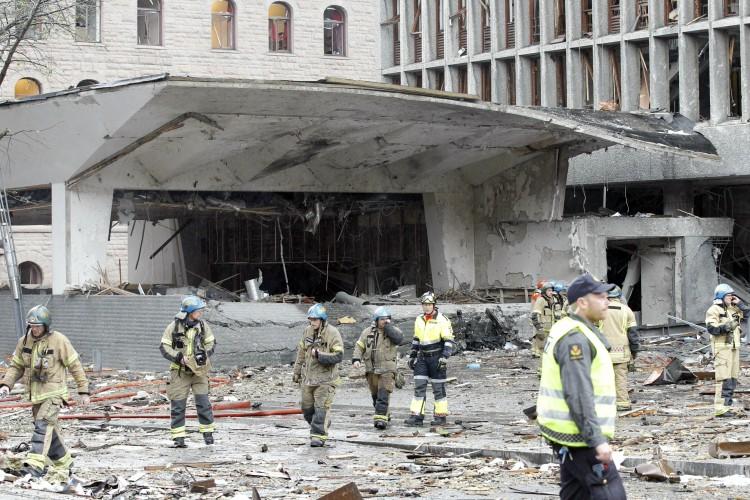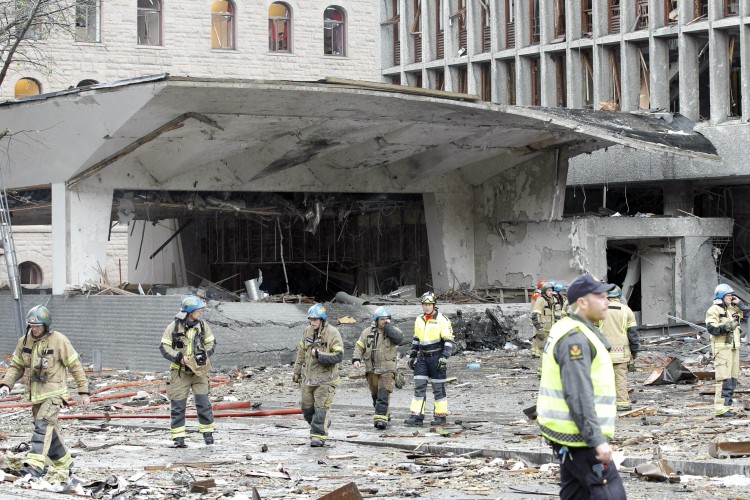GOTHENBURG, Sweden—Anders Behring Breivik’s rampage in Norway on July 22, 2011 was a wake-up call for Norwegian and Swedish authorities.
Breivik killed eight when he bombed a government center in Oslo; he killed 69 when he opened fire on a youth camp on the island of Utoya, Norway, later that day. Norway and Sweden are now working together to strengthen counterterrorism efforts, with a particular focus on cooperation and communication between agencies.
The July 22 commission was appointed to review what authorities could have done better on July 22, 2011.
“[The commission] stated that the police and security and intelligence agencies could not have detected Breivik [in advance] regardless,” said Benedicte Bjornland, director of the Norwegian Police Security Service (PST), at a press conference in Oslo on Feb. 18 regarding threats against national security in Norway. “But had they been able to avoid certain clear mistakes, they might have been able to catch him faster.”
Agencies did not cooperate and coordinate well enough with each other, and the police did not use information technology to its full potential, the commission found. Leadership in the respective agencies also failed in some cases to efficiently divide responsibility, set targets, and act on them.
The commission came up with 31 suggestions for improvements, nine of which relate directly to the police. They are mainly related to issues of management, transportation, and communication.
Swedish police have also applied the nine recommendations; although there are some differences between the Norwegian and Swedish forces, the Swedes have nonetheless benefited from the analysis.






